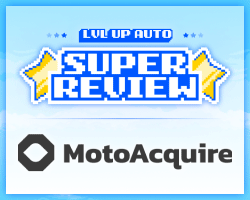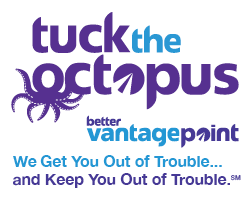Hopefully you’re reading that title thinking “duh Alex, of course SEO is evolving.” Google changes things in their algorithms so often it is almost a different animal every day. Staying ahead of things is a full time job. However, you’re probably wondering how it crosses into the real world.

No, I don’t want to get into the weeds of SEO, but I do want to point-out a very significant change that could drastically change our approach to SEO going forward.
Before I tell you what I’m seeing let’s make some assumptions.
- When I say “SEO” I’m talking about organic search on Google
- Google’s mission in life is to deliver the most relevant results to its users
- SEO practices, as we define them today, are simply a gaming of Google’s algorithms
Those last two points are bigees. Google has been limited by technology and has had to rely on tags, links, and things of that nature to point their spiders in the right direction. He who understands these things, and plays to them, wins the SEO game. The problem here is that it is all a SEO game; it isn’t real life. In real life a good product is a good product and when you have a good product people talk about it. When people solely turn to Google, a good product can be trumped by a superior SEO strategy if the inferior product knows how to play the SEO game. A “product” can be a website, it can be your business, it can actually be a product you purchase.
How can Google get around things that game their system?
They can bring the real world into the algorithm. Web 2.0 was all about giving individuals a voice and one of the results of this movement was a broader acceptance of social media. Some sites like twitter and facebook created standards for communication on their platforms that made it very easy for Google to see. Pair that with review sites like Yelp, DealerRater, and all the review engines there is another standard of information that is very simple for Google to crawl. If these social medias and review spots are representative of individuals mimicking “real life word of mouth voting” then Google has a very powerful new addition to their algorithm. Why has Google’s Places with Reviews pages seen such real estate increases in SERPs?
To put this in plain English:
Google is currently experimenting with using social media and reviews to drive search results. Their experimenting is getting deeper and deeper and is looking more and more like it is going to become a very major piece very soon.
Right this minute, the old SEO game is still very much alive. Representatives from Google have even stated that traditional linking still has more weight than social media. Content and Links still apply.
I just want you to start thinking about how you’re going to put more effort into your reputation management strategy as the SEO game (you might want to reread this article) could significantly change in the very near future.









